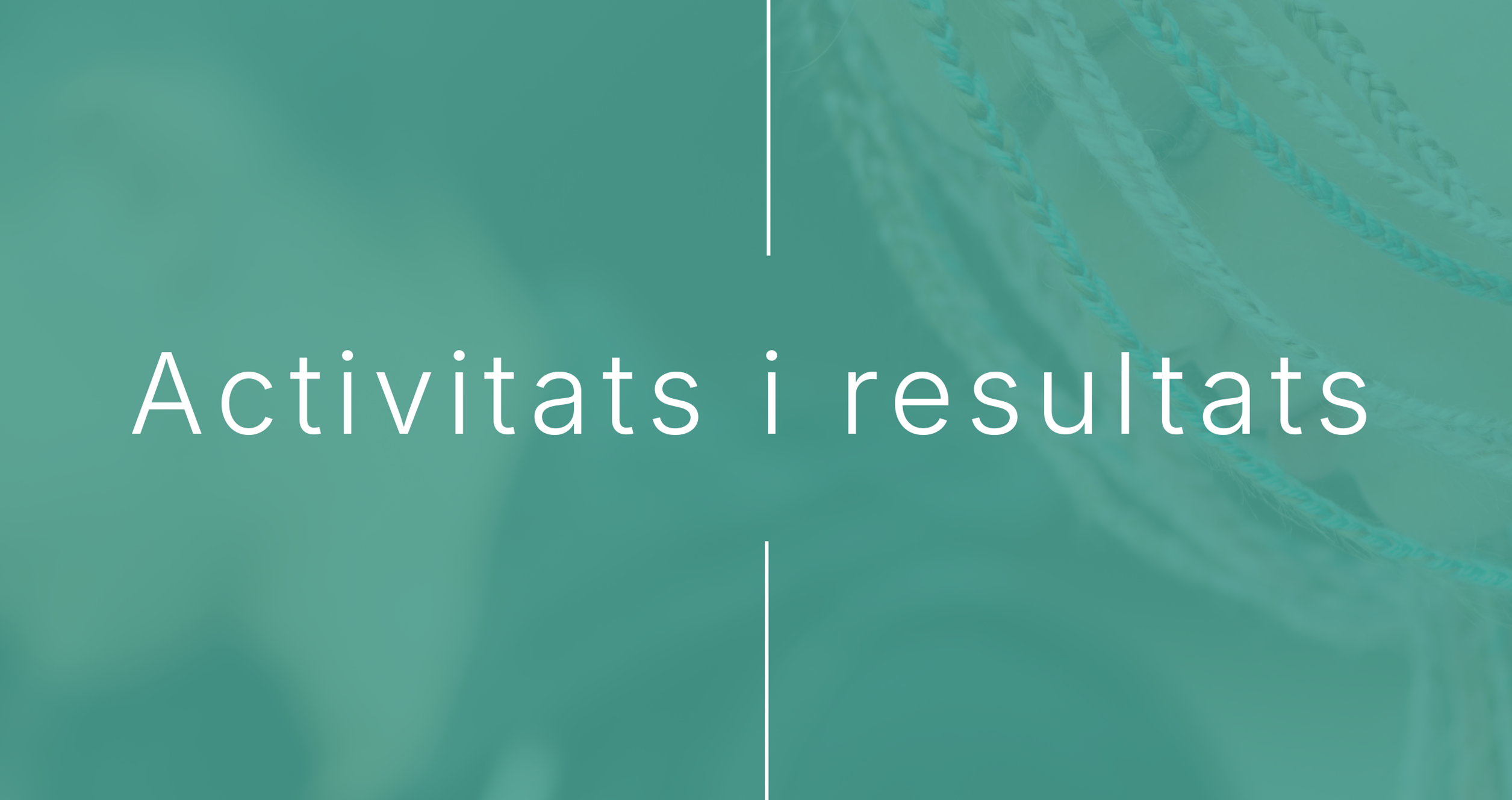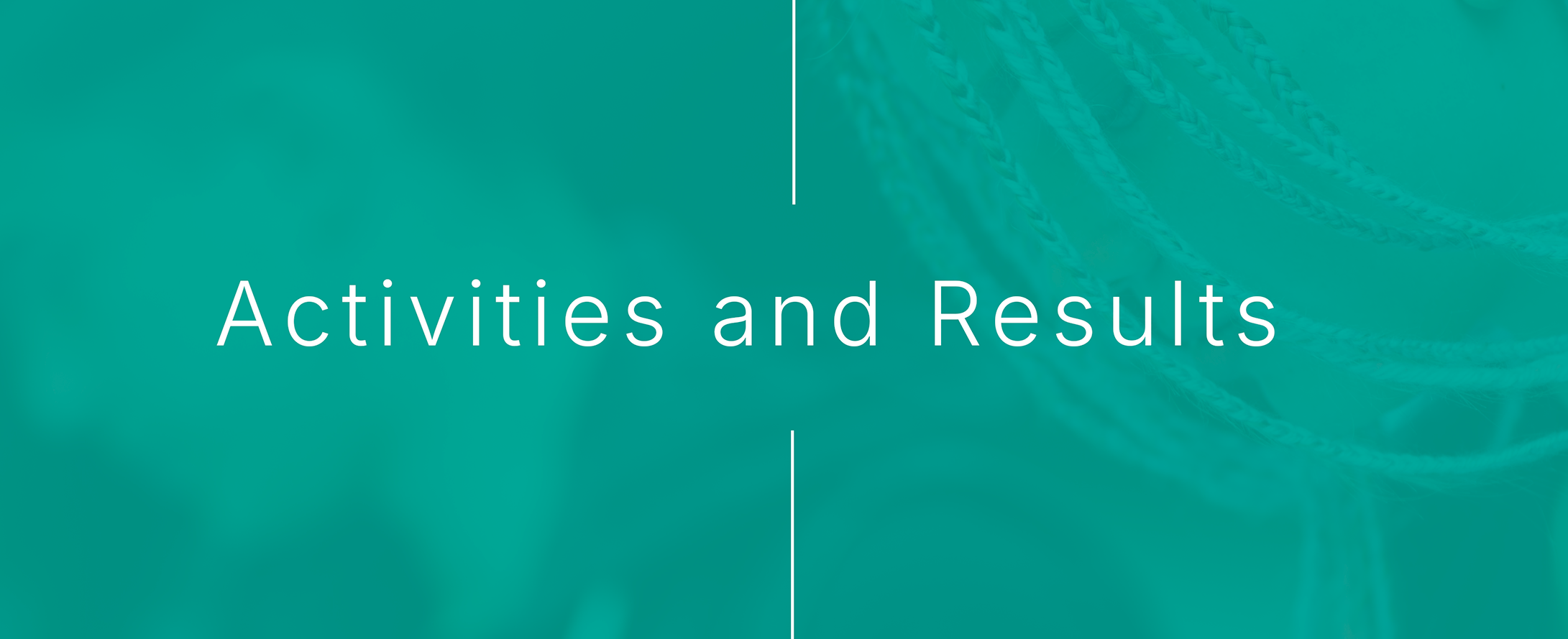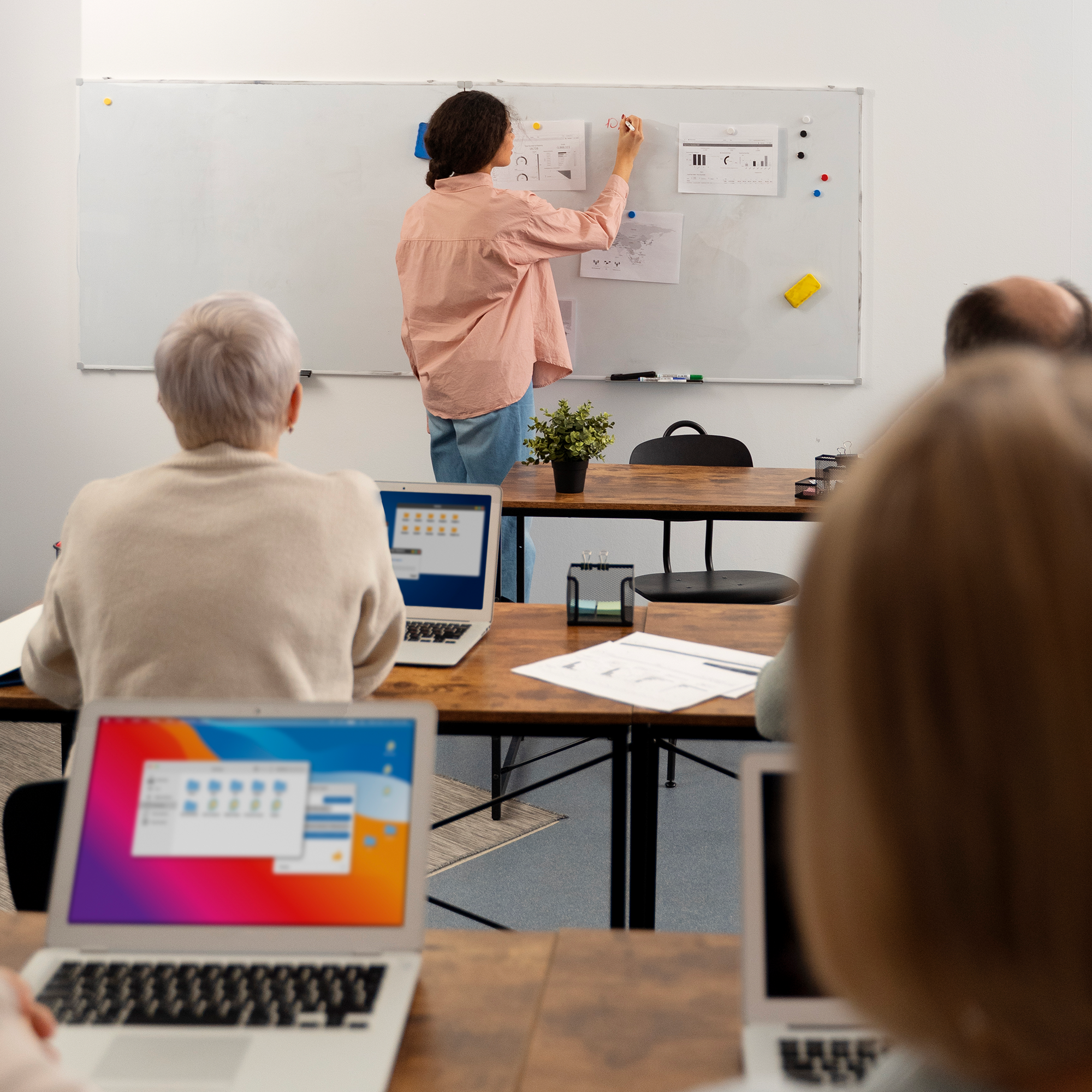Activities
Mutual Learning Internal Training workshops (MLIT)
Sessions to establish a common conceptual and methodological basis according to the experience of all partners and in alignment with the scope of the InterHEd project and that of other Erasmus+ projects.
Research and collection of Promising Practices
Search and collection of pedagogical projects that, due to their approach and contents, can become models for the application of intersectional practices in Higher Education.
Workshops with students and faculty
Training of teaching staff (5 sessions) so that they can apply intersectionality in the classroom and work with students (2 sessions per classroom group) so that they learn to apply intersectionality in their respective disciplines (Sociology, Audiovisual Communication, etc.).
Capacity Building Internal Training (CBIT)
Partnership sessions to discuss the results of the workshops with students and teaching staff, as well as to discuss the design of the respective training (with students and teachers).
Training with students and teaching staff
After the first workshops with students and teachers and once certain results have been produced (Collection of Promising Practices, Report on Innovative Methodologies, and Toolbox), a second round of training will be carried out in which these materials will be put into practice.
Final Project Conference
Where the results and final evaluation of the project will be presented.
Results
Promising Practices Collection
A compilation of pedagogical projects that can become models for applying intersectional practices in Higher Education contexts due to their approach and content. This result draws from the MLIT (the Mutual Learning internal Training session), the Promising Practices Collection, and the workshops with students and teaching staff.
Innovative Methodologies Report
A collection of specific pedagogical methodologies that are innovative in their application to address intersectionality in the classroom. This result draws from the MLIT (Mutual Learning Internal Training sessions), the Promising Practices Collection and the workshops with students and teachers.
Pedagogical material originated in our experiences from the workshops with students and teachers that will be used to apply intersectionality in the classroom in four areas. This is within course curricula, in pedagogies and teaching methodologies, and within assessment and learning environments. This result draws from the CBIT (Capacity Building Internal Training) and the training sessions with students and teaching staff.
Training Models for students and teachers
materials about how to train students and teachers on how to apply intersectionality in the classroom that will include the presentation of the project and its results, group dynamics to explore the practice of relevant aspects of the Toolkit and the Promising Practices Collection. This result draws from the CBIT (Capacity Building Internal Training) and the training with students and teaching staff.
Policy and institutional recommendations
to foster intersectionality in higher education contexts.


















